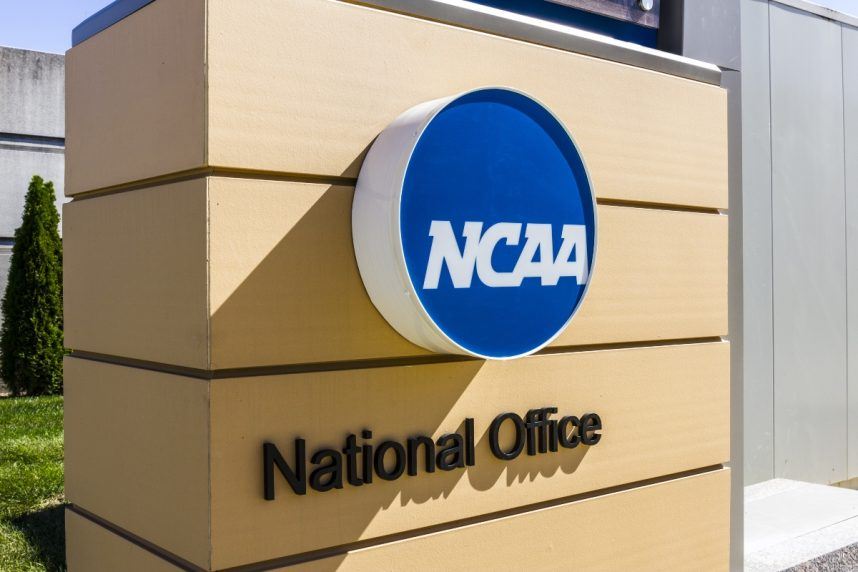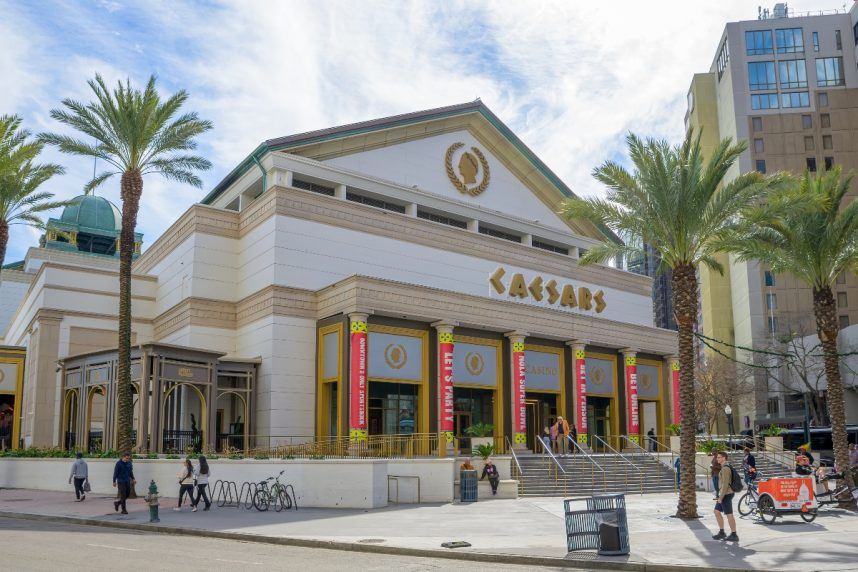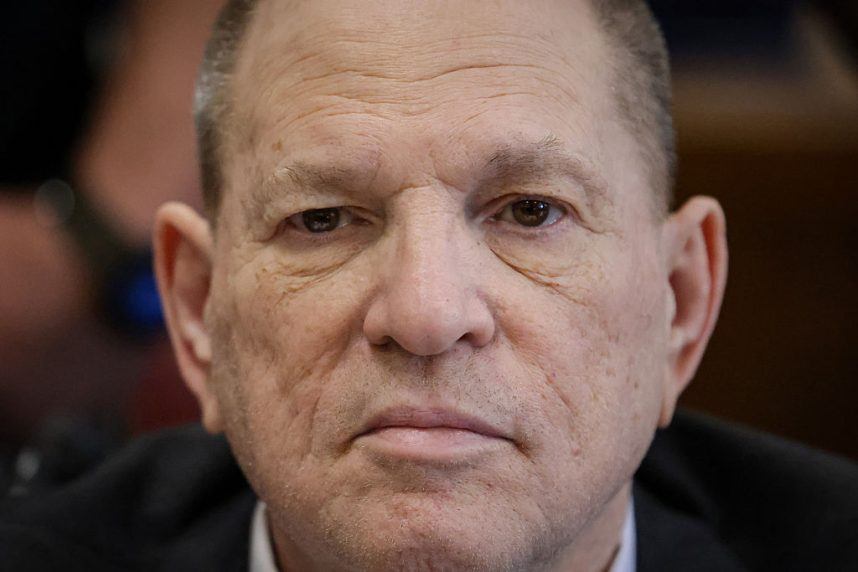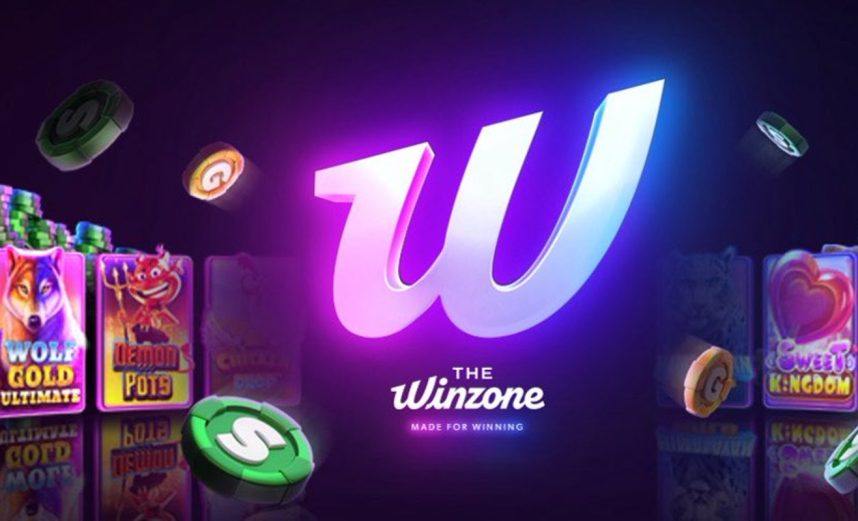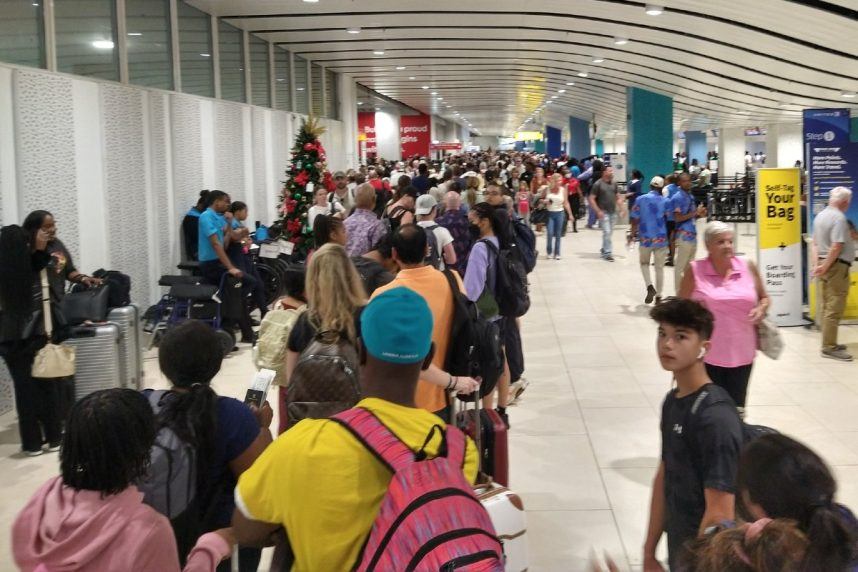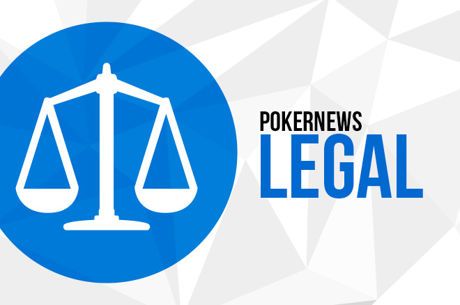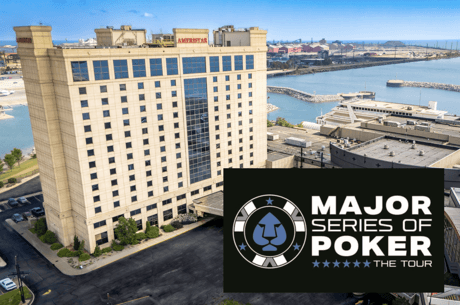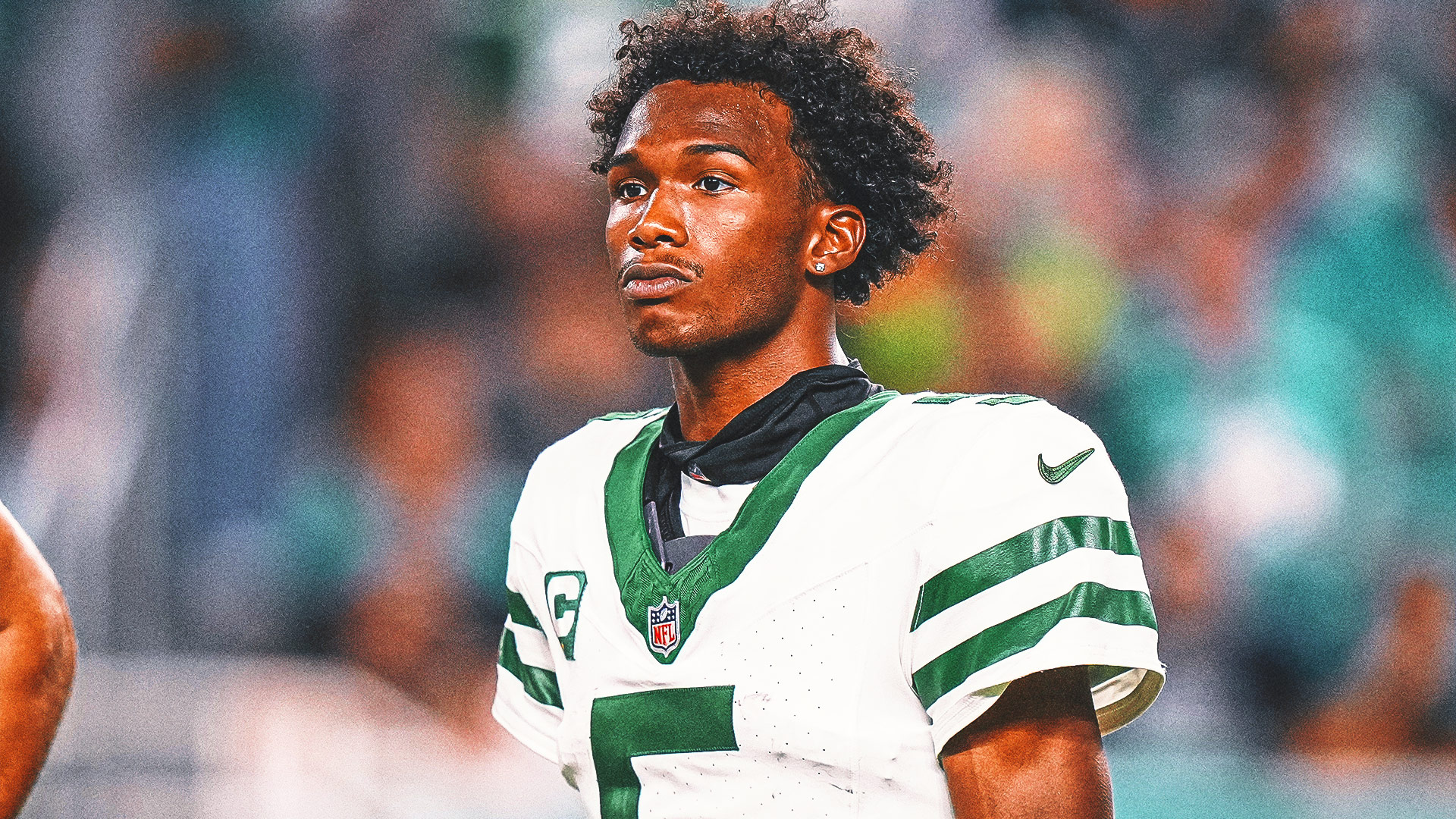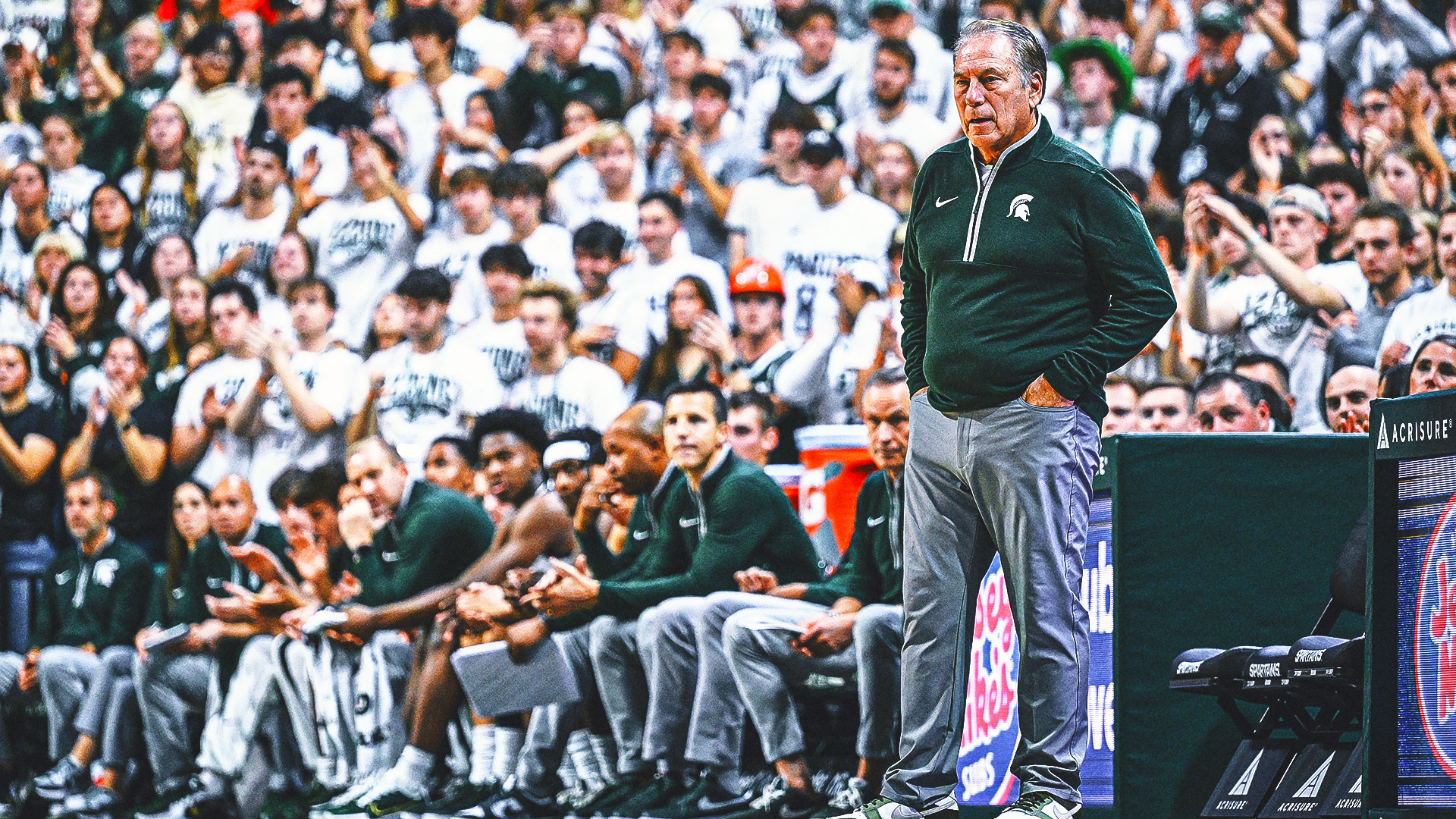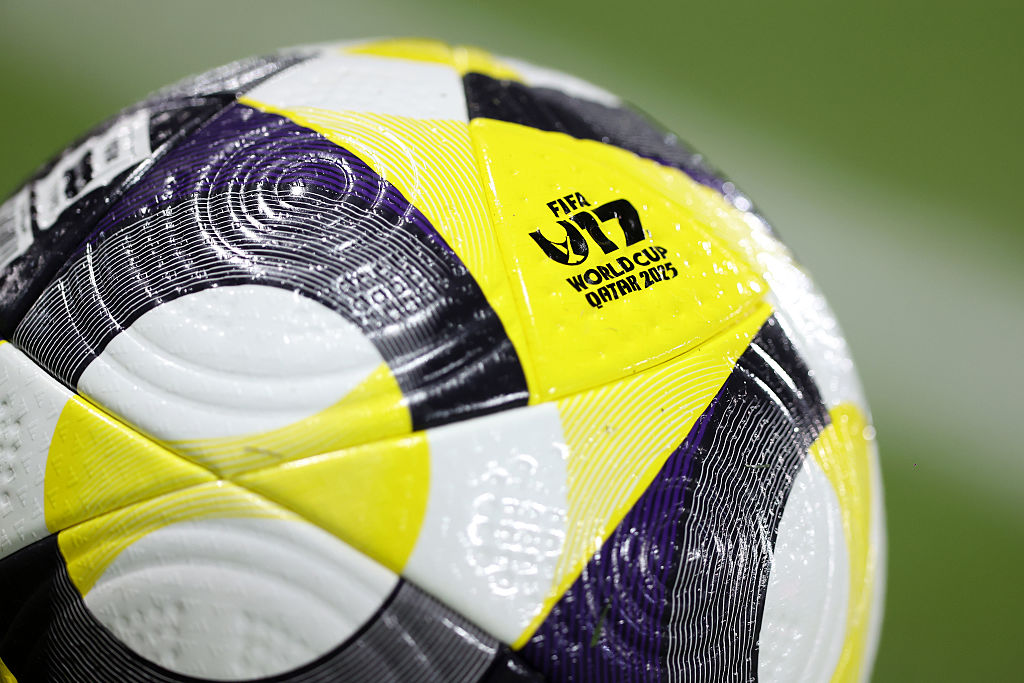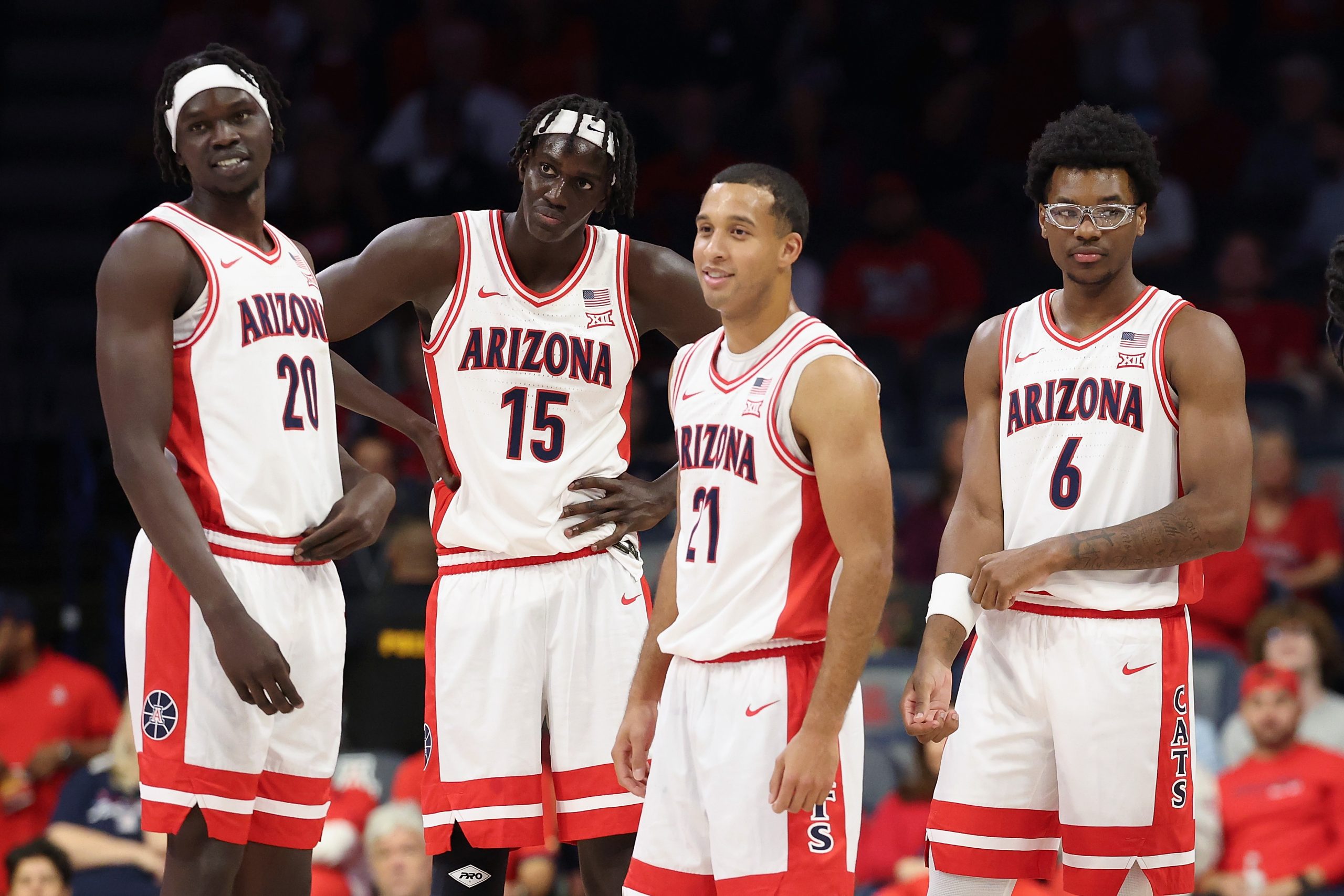The national problem gambling self-help line, 1-800-GAMBLER, has been the subject of a legal dispute for the past several months. Now, a related disputed has arisen regarding the role of data collection in call centers, with possible risk to their resources.
The 1-800-GAMBLER number has been around for decades, owned by the Council on Compulsive Gambling of New Jersey (CCGNJ). The National Council on Problem Gambling (NCPG) began leasing and operating the number in 2022 for $150,000 per year, in part funded by the NFL’s $6.2 million grant to the NCPG in 2021, which it renewed in 2024 to make $12.6 million total in contributions.
While the number was controlled by the NCPG, the organization routed calls to centers across the country to provide state-specific resources. However, some states disagreed with the NCPG’s methods — state advocates in New Jersey, Florida, and New Mexico claimed they were asked to give callers a data collection survey before offering assistance. The NCPG and NFL both view data collection as an important part of the bigger picture in problem-gambling prevention, but local call centers question if it should be their role.
New Mexico Council on Problem Gambling Clinical Director Kandace Blanchard explained to Casino Reports that, as a trained therapist, she prefers her call center to take a more clinical approach, focusing solely on what the caller needs.
“Anyone that’s a compulsive gambler or a problem gambler, they’re six times more likely to commit suicide or at least attempt it during their lifetime. So we don’t want to give them this long survey,” Blanchard said.
“We really just couldn’t go with that model of data gathering. I understand that they’ve never answered a helpline, that doesn’t make them bad, that’s just not their role,” Blanchard continued. She believes that the role of the NCPG should be to provide resources to its affiliates, and act as a backup in cases where local assistance isn’t available, while still letting the affiliates run their call centers as they deem best.
Not speaking the same language
Since the New Mexico council decided against the data collection model, the NCPG began routing its calls to Louisiana, Blanchard said. The New Mexico center fields calls from much of the Southwest region, including New Mexico, Arizona, Nevada, and Texas, and provides Navajo-language speaking assistance.
“There are different territories and states, and they can’t possibly dictate to us what is in the best interest of the help seekers calling our helplines,” Blanchard explained. “They don’t know what languages they speak, they’re not prepared. Even if they can translate languages, they don’t understand the culture.”
Advocates from other states expressed similar concerns. “If they were sharing identifiable information, I don’t think people would share with us as much as they do,” Candice Cookson, who answers problem gambling calls in Ohio, told Barron’s.
The legal dispute between the NCPG and CCGNJ began in August, when the CCGNJ claimed the NCPG had not renewed its lease for the coming three years. The NCPG sued for control of the number, and the case went to arbitration, eventually ending up at the New Jersey Supreme Court in September. On Sept. 29, the court ruled and the NCPG lost operating access to the number, transferring control back to the CCGNJ.
Blanchard said that since the CCGNJ regained operation of the number, New Mexico’s calls have been routed back to them.
The NCPG’s perspective
Concern came from the NCPG about whether the CCGNJ would have the resources to continue to operate the number to the standards the national council had held it to.
The NCPG spent years branding the number as the one national hotline, guaranteeing that calling 1-800-GAMBLER in any U.S. state would connect help-seekers to a real, trained person, not a chatbot. The number appears on billboards, TV commercials, gambling sites, and more, and the catchy number has become well-known by millions of Americans, as well as bringing in funding from major brands like the NFL.
While data collection has been important to the NCPG, representatives say that they have not required call centers to offer the survey at the outset of the call, but rather to gather information naturally throughout a conversation with the caller.
“Staff are trained to prioritize the needs of the caller above all else, including assessing and addressing any risk of suicide as part of every contact to ensure the caller’s immediate safety,” NCPG Director of Programs Jaime Costello said. “Any effort towards any data collection is only considered after all urgent or safety concerns have been addressed.”
The NCPG and Costello insist that all personal data is stripped and aggregated to maintain individual confidentiality, but many states still seem to take issue with their methods.
“Those missions and goals aren’t necessarily aligned because they’re different. That doesn’t mean that they’re bad or good, it’s just not our role to gather data, it’s not our role to affect policy,” Blanchard said. “We’re a clinical model, and they’re a political model.”

 4 hours ago
15
4 hours ago
15


